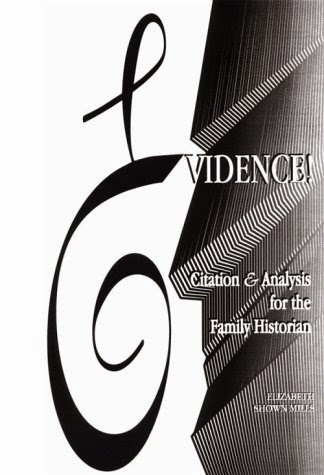The easiest way to keep your family tree research on track is to follow these two key fundamentals of genealogy research.
- Key1: Always work from the known to the unknown
- Key 2: Always document your sources
Keep these two principles in mind and your genealogy will be more accurate and better organized.Pick a single subject as the focus for your research and work up and down from that person. Most often, that subject will be you. There is no one you know better than yourself so, when you start with yourself, you are starting out right by following the principal of working from the known to the unknown. If you also want to trace your spouses genealogy, I strongly recommend that you create separate databases for each of you. <You will find it much less confusing if you research one subject at a time.
 To document your sources properly, you will have to learn a little about the mechanics of source citation. Cyndi’s List has links to several resources you can find online. Good tools you can use to help create the actual citations are Landmark’s Citation Machine and EasyBib. Certainly the most used reference for genealogical citation is Evidence! Citation & Analysis for the Family Historian by Elizabeth Shown Mills. Ms. Mills is widely considered to be THE authority on documentation for family history research.
To document your sources properly, you will have to learn a little about the mechanics of source citation. Cyndi’s List has links to several resources you can find online. Good tools you can use to help create the actual citations are Landmark’s Citation Machine and EasyBib. Certainly the most used reference for genealogical citation is Evidence! Citation & Analysis for the Family Historian by Elizabeth Shown Mills. Ms. Mills is widely considered to be THE authority on documentation for family history research.
